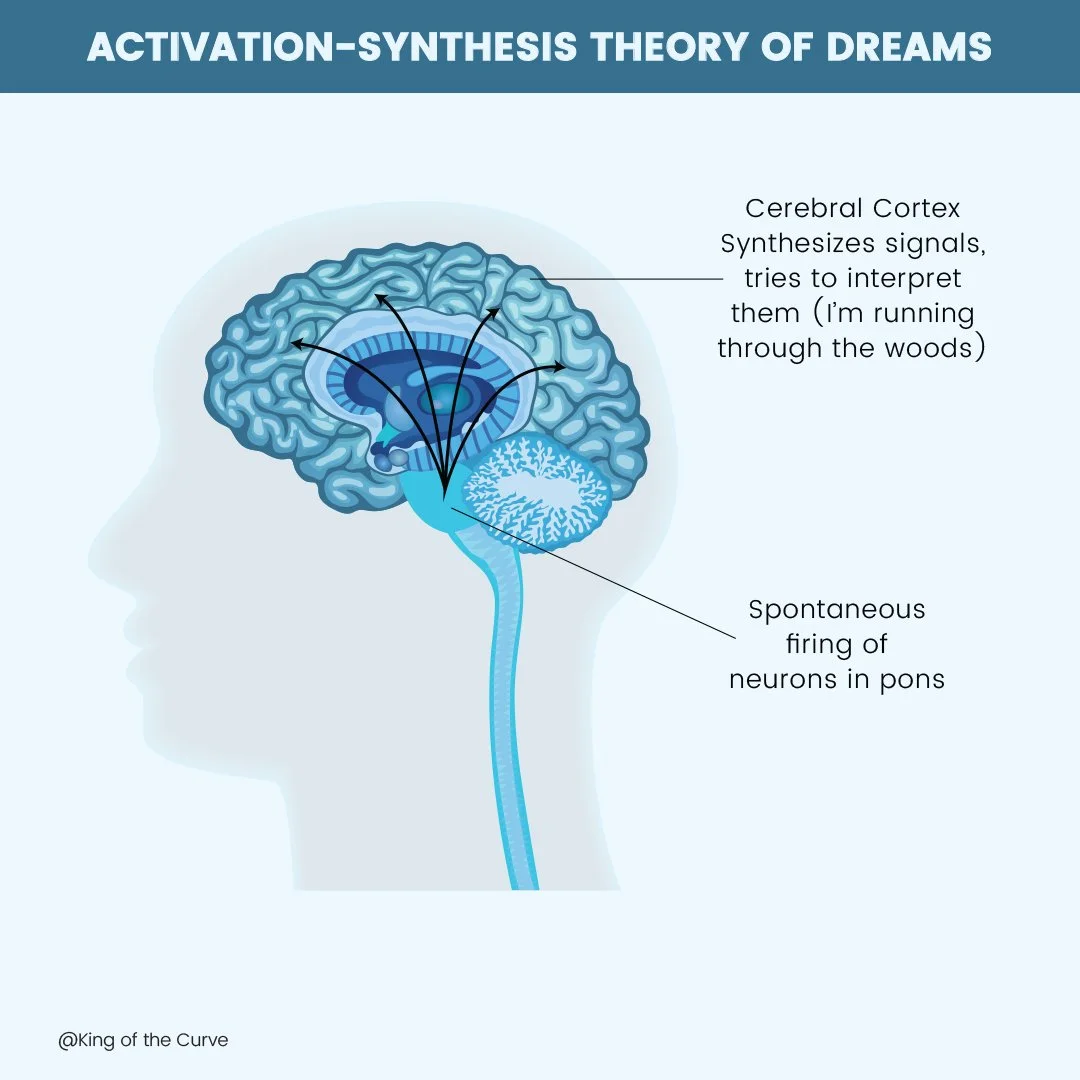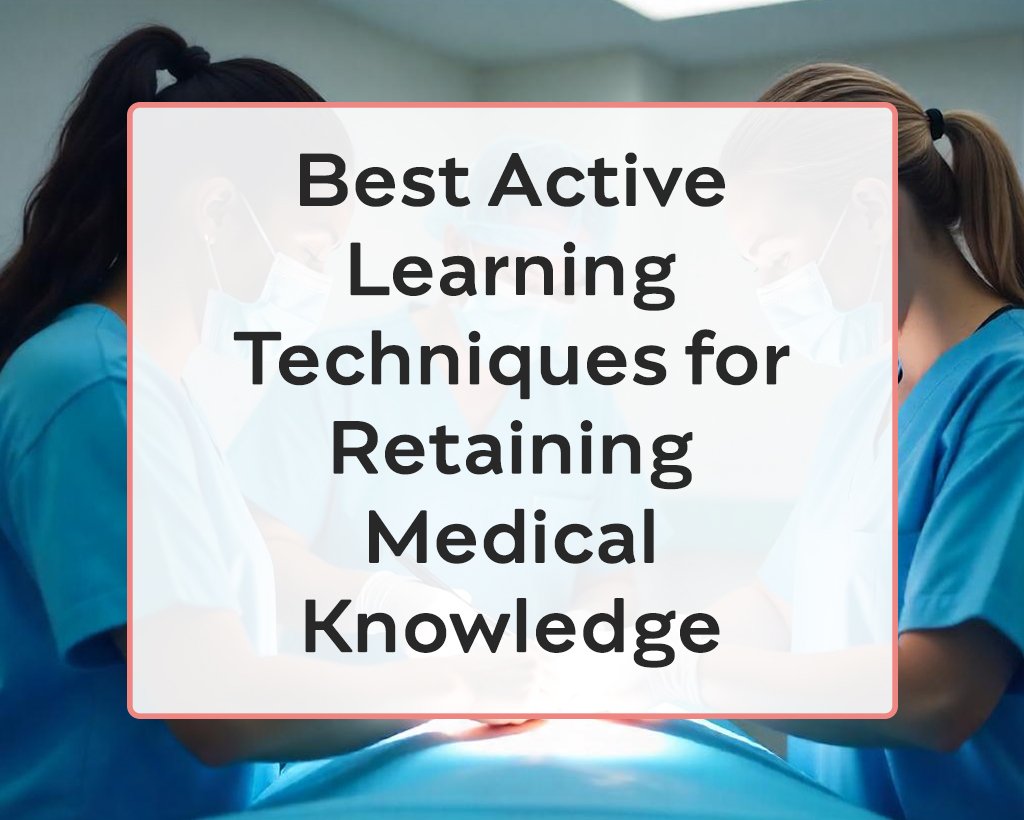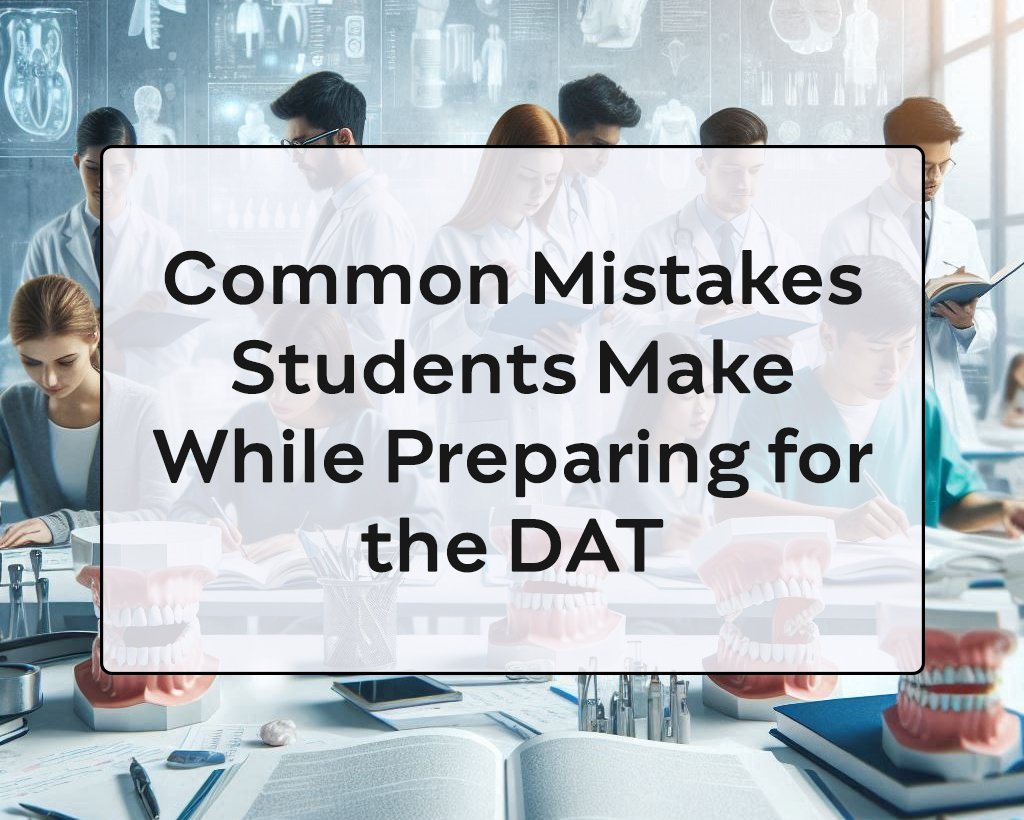
How ACE Inhibitors Work – A Key NCLEX Pharmacology Concept
ACE inhibitors (Angiotensin-Converting Enzyme inhibitors) are essential medications in the treatment of hypertension and heart failure. Understanding their pharmacodynamics is crucial for NCLEX preparation, as they frequently appear in medication-related questions.

Acute Kidney Injury (AKI): Pathophysiology, Diagnosis, and Management for the USMLE
Learn about Acute Kidney Injury (AKI), its causes, clinical presentation, diagnostic workup, and treatment strategies. A high-yield USMLE topic with KOTC science visuals.

The Electron Transport Chain: How Cells Generate ATP
The Electron Transport Chain (ETC) is the final and most important step of cellular respiration, where the majority of ATP is produced. Understanding how the ETC works is crucial for the DAT biology section. In this blog, we’ll break down how NADH and FADH₂ donate electrons, how ATP is generated through oxidative phosphorylation, and why the mitochondria are called the "powerhouse of the cell."

Understanding the Activation-Synthesis Theory of Dreams
Learn about the activation-synthesis theory of dreams, a key MCAT psychology concept. Discover how spontaneous neural firing creates dream experiences and how the brain interprets them.

A Complete Guide to MCAT Registration and Test Day Preparation
The MCAT (Medical College Admission Test) is a crucial step for students applying to medical schools in the United States. Understanding the registration process and preparing for test day can help minimize stress and ensure success. In this guide, we’ll walk you through the registration steps, test dates, fees, and what to expect on test day.

Gastroesophageal Reflux Disease (GERD): Pathophysiology, Diagnosis, and Management for the USMLE
Maintaining pH balance is crucial for biological functions, and buffer systems play a key role in stabilizing pH changes in the body. On the DAT, understanding buffer systems will help you tackle questions in both the biology and chemistry sections. In this blog, we’ll explore the three primary buffer systems in the human body and their significance in maintaining homeostasis.

Buffer Systems in the Human Body: A Key Concept for the DAT
Maintaining pH balance is crucial for biological functions, and buffer systems play a key role in stabilizing pH changes in the body. On the DAT, understanding buffer systems will help you tackle questions in both the biology and chemistry sections. In this blog, we’ll explore the three primary buffer systems in the human body and their significance in maintaining homeostasis.

Acute Laryngotracheobronchitis (Croup): NCLEX Nursing Guide
Acute Laryngotracheobronchitis (LTB), commonly known as croup, is a viral infection that affects the upper airway, leading to inflammation of the larynx, trachea, and bronchi. It is a high-yield NCLEX topic, especially in pediatric nursing, as it commonly affects children under age 5 and can progress to severe respiratory distress if not properly managed.

Achieved vs. Ascribed Status: A Key Sociology Concept for the MCAT
Understanding the distinction between achieved and ascribed status is essential for MCAT sociology success. While achieved status is based on effort and merit, ascribed status is determined by birth and external factors. Recognizing how these statuses shape social structures and individual opportunities will help you master MCAT sociology questions and real-world social dynamics.

Understanding the Renin-Angiotensin-Aldosterone System (RAAS) for the USMLE
Learn about the Renin-Angiotensin-Aldosterone System (RAAS), its physiology, clinical significance, and USMLE-relevant concepts. Includes KOTC science visuals for enhanced learning.

Enzyme Kinetics and the Michaelis-Menten Equation: Key Concepts for the DAT
Master enzyme kinetics for the DAT! Learn the Michaelis-Menten equation, key enzyme properties, and strategies for solving DAT-style questions.

Abnormal Posturing: A Critical Sign in Neurological Assessment for the NCLEX
Learn how to recognize abnormal posturing (decorticate, decerebrate, and flaccid) for the NCLEX exam. This guide breaks down key differences, clinical implications, and test-taking tips for success.

Understanding the ABO Blood Group System for the MCAT
Learn the ABO blood group system for the MCAT, including antigens, antibodies, and transfusion compatibility. Master high-yield concepts with King of the Curve’s expert visuals and study tips!

How Long Should You Study for the DAT? Ideal Study Timelines
Preparing for the Dental Admission Test (DAT) requires strategic planning and dedication. Many students wonder how long they should study to achieve their target score. While the ideal study timeline varies for each individual, this guide will help you determine the best approach based on your schedule, strengths, and weaknesses.

Best Active Learning Techniques for Retaining Medical Knowledge
Discover the best active learning techniques for medical students. Improve retention with spaced repetition, active recall, case-based learning, and gamification. Learn how 'King of the Curve' can enhance your medical studies!

How to Retain Medical Knowledge for the Long Term
Medical school demands the ability to retain vast amounts of information over time. Unlike cramming, long-term retention is crucial for excelling in exams like the MCAT, USMLE, and clinical practice. In this blog, we’ll explore science-backed techniques to help medical students improve memory retention, optimize study habits, and enhance recall for years to come.

Understanding Referred Pain to the Abdomen: A Guide for Nursing and NCLEX Prep
Learn about referred pain to the abdomen, its causes, symptoms, and clinical significance. Perfect for NCLEX preparation and nursing students. Read now!

Abnormal Cell Growth: Understanding Cancer Development for the MCAT
Learn about abnormal cell growth, genetic mutations, and cancer formation with King of the Curve’s unique science visuals. Perfect for MCAT and NCLEX prep, this guide covers key concepts, exam tips, and clinical applications.

Time Management Strategies for Medical School
Mastering time management is crucial for excelling in medical school and achieving top scores on the MCAT and USMLE. By implementing these strategies—such as prioritizing tasks, using active learning methods, and leveraging KOTC’s innovative tools—you can optimize your study routine and reduce stress.

Common DAT Prep Mistakes & How to Avoid Them | Study Smarter for the DAT
Struggling with DAT prep? Avoid these common mistakes that can hurt your score. Learn top strategies and use DAT: King of the Curve to boost your performance!
